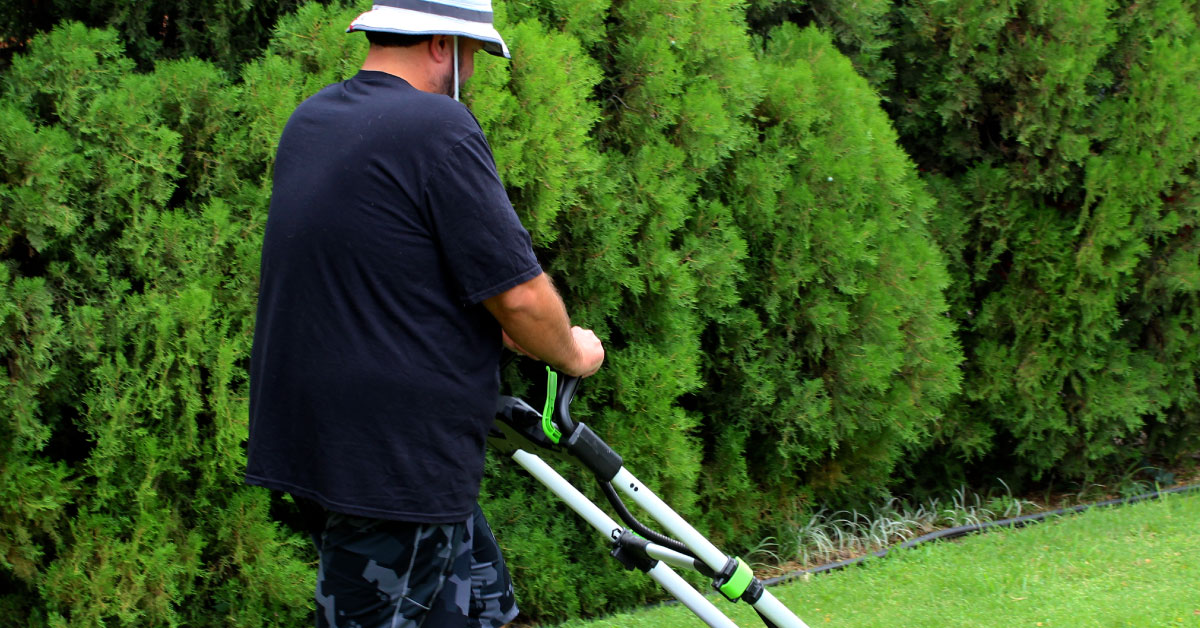
Wear hats and loose-fitting, light-colored clothing that breathes well and wicks moisture away from the skin when going out in the heat.
Heat-related deaths are one of the deadliest weather-related health outcomes in the United States according to the Centers for Disease Control and Prevention (CDC). Even though all heat-related deaths and illness are preventable, hundreds of people die every year.
As the temperatures continue to rise, Rodney Young, M.D., FAAFP, Professor and Chair of the TTUHSC School of Medicine Department of Family Medicine at the Amarillo campus, advises people to lookout for signs and symptoms of heat-related stress when working or playing outside.
“When you are out in the sun your body will try to eliminate excess heat through sweat, but you can also lose a good deal of moisture through breathing, especially if you are exercising and breathing harder,” Young said. “You lose small amounts of moisture normally with each breath, and those amounts can really add up in hot, dry and windy conditions. Staying hydrated before and during exposure is critical to helping stay ahead of those losses.”
Young recommended drinking plenty of water before, during and after going out in the heat. If you start to feel like you’re overheating, he suggested getting the skin wet and sitting in front of a fan. That will help a lot with cooling the body down. Wear hats and loose-fitting, light-colored clothing that breathes well and wicks moisture away from the skin. Seek shade and take plenty of breaks to avoid overdoing it.
“You should recognize that heat-related illness sneaks up on you, so make plans ahead of time on how to prevent it,” Young said. “Try to go earlier or later in the day, avoiding the afternoon and early evening highs. Don’t go alone. The buddy system can be a lifesaver in situations that lead to heat-related illness.”
Be aware of these signs and symptoms of heat-related illness:
- Sweating an unusually large amount or a surprisingly small amount when you would expect to sweat more
- Palpitations or a rapid heart rate
- Nausea, sometimes with abdominal pain
- Muscle cramps
- Malaise (unusual fatigue)
- Confusion
- Poor concentration
- Lethargy
- Headache
- Irritability
“When you're in a very humid environment, you sweat a lot,” Young said. “As a result, you will be unable to dissipate enough heat, so you really have to hydrate yourself. It helps to pay attention to more-subtle signs like soreness and feeling a little more worn out and a little more confused.”
In case of heat-related emergency, remember to call 911.
